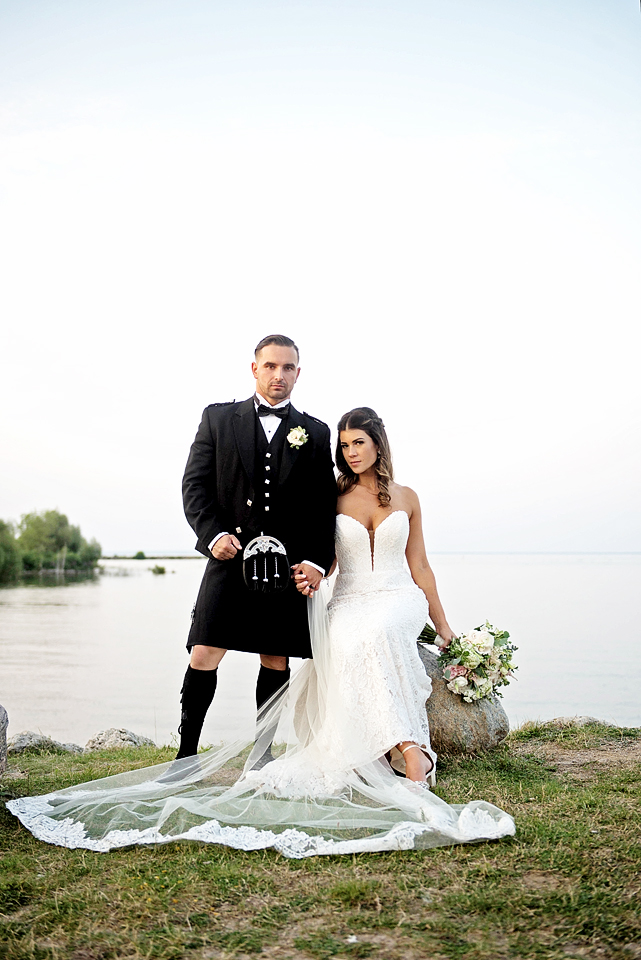3 Tips To Kick Off Your Wedding Planning
Congrats! You’re engaged! But now what?!
First things first: you celebrate!
Don’t get bogged down in the details or overwhelmed with the choices that need to be made to plan and execute the wedding of your dreams. If you can, take a few weeks to bask in the excitement. Take time as a couple to deepen your bond, and celebrate with family and friends.
When you’re ready to start planning, here are a few tips to get the wedding planning wheels in motion.
Photo by @youbymia
1. Discuss your budget.
Start as a couple: what are you both willing and able to invest into your big day? Get an idea of what you’re able to put toward your day and have a clear picture of where you want to spend your money, and where you’re willing to cut costs.
Then reach out to others who may be contributing. It’s important to have open and honest conversations with any family or friends that have offered to contribute to your wedding. Do not be afraid to ask them, politely, how much they are contributing and when they will be contributing. Money is spent throughout the planning process, with a large chunk paid on or the days leading up to your wedding day. Knowing you have enough money to pay for goods and services when you need to, and also having enough money to live your lives comfortably, is so important to your wellbeing and the wellbeing of your relationship.
Talking and dealing with money is almost always stressful. Our biggest tip is to not ignore the huge green elephant in the room! Do not plan your wedding without setting a budget. Knowing what you have to spend will save you tons of time, premature grey hairs, and even money itself.
Photo by @youbymia
2. Establish a rough guest list.
Dreaming of an intimate affair with only your nearest and dearest? Sitting down as a couple and making a list of attendees is the only way you’re going to get a good sense for if a small wedding is even in the cards for you.
Want a giant party that includes extended family and that rowdy bunch you hung around in college? Because you’ve already established your budget, you will have a sense for if that’s possible or not.
You will also want to talk to your parents early on and see who they are hoping to invite. Their list may be longer than you expected. Talking about the guest list in the early stages of planning will allow you to all be on the same page.
Another reason to have your guest list nailed down earlier is to ensure you have time to inform out of town guests. They may need to be notified earlier than your other guests, due to travel and accommodation arrangements and possible visas to visit the country. We touch on this in our first blog post.
It’s OK to have an A-list and B-list. For your initial guest list count, put down every person that, in an ideal situation, would attend your wedding. This will help you make decisions down the road. It may even make some choices a little clearer, like venue selection, as it can help bring your priorities to light (ie. that intimate wine cellar wedding you’ve been envisioning might trump inviting Doug from accounting. Hey, it’s your day… we won’t judge!).
Photo by @youbymia
3. Determine when and where you want to get married.
Everyone’s priorities are different. Some know they absolutely need to get married in the summer over a long weekend in the middle of Niagara Wine country. Others know they want a specific venue and will take any available date in about 8-12 months time. Your priorities may be very different from your partner’s, and it’s best you determine that early on in the game.
Take a night with your partner, make a tasty meal, pour some wine, and spend the evening discussing your dream weddings. Make note of overlapping priorities, those will be the easy decisions you get to make! And try to come to a consensus on the areas of your wedding that don’t align.
During your daydreaming session, be sure to discuss:
The general location of your wedding - city? Country? Destination?
What year and month/season you want to say I do.
If your wedding ceremony will be held in a place of worship or in a different location than the reception
Any other priorities that might affect the date you choose (i.e. If you need a specific photographer or DJ, your wedding date will be limited to their availability).
These musts and must nots will affect your wedding ceremony and reception venue. To make your lives easier, discuss these topics first so you can limit your search to a specific geographic region and when reaching out to venues to see if your specific date(s) are available. If you’re planning to have your ceremony in one venue (ie. a church) and your reception in another venue, you will need to nail down available dates for the ceremony before you can search for a reception space.
Key Takeaway:
Think “who, what, where, when and why”. Start with Why. Take time to enjoy each other and celebrate the choice you’ve just made to spend the rest of your life together.
Establish who is going to be there, and what you’re willing and able to spend. Then discuss when and where you want your ceremony and reception to take place. The initial planning phase is about high-level details. Once those are established and everyone is comfortable, you can move on to the nitty gritty.
Need help? We’re here for just that! Contact us today and we can get you started with a Wedding Consultation meeting. We also have Full Wedding Planning and Month/Day Of Coordination services available. Click here to read more!



